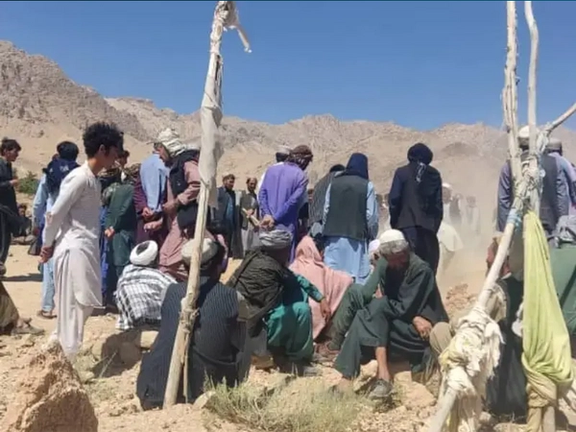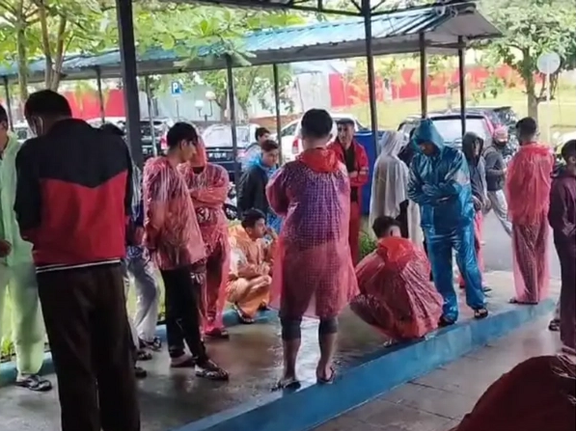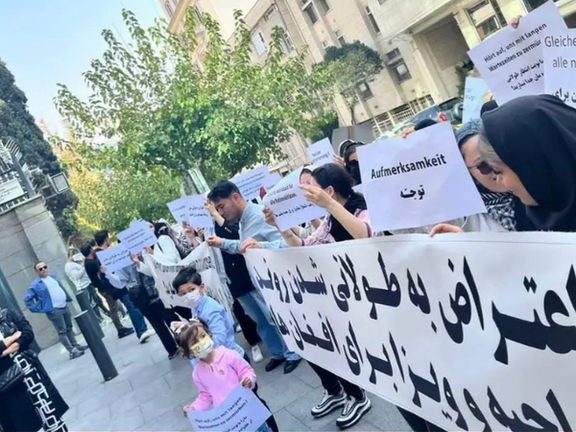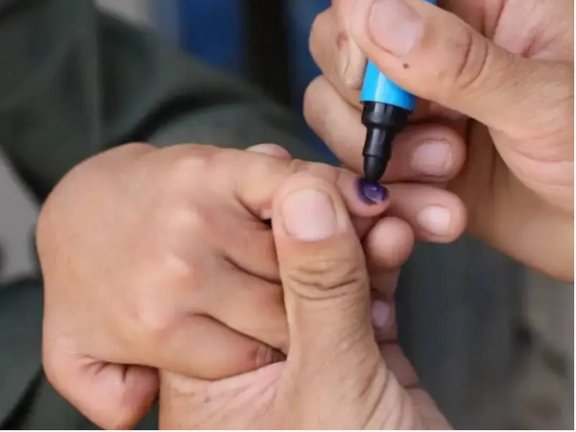Christophe Deloire, the Secretary General of Reporters Without Borders (RSF), also called the media coverage of Behboudi's arrest "extraordinary".
During a press conference at the headquarters of RSF in France he said, "Without the media, I wouldn't be alive.”
He thanked Afghanistan International and other media outlets for covering his detention and the international campaign for his release.
Deloire added that the media coverage "has sent an extraordinarily important message to the Taliban”.
Behboudi arrived in Kabul in January to report on the situation in Afghanistan. Two days later, he was arrested by the Taliban on suspicion of "espionage”. After enduring 284 days in Taliban’s detention, he was released on October 18.
This journalist spoke about his experience inside the Kabul Central Prison and said that about 1,200 other political prisoners were also kept there.
According to him, he was repeatedly interrogated and tortured by the Taliban, and said that he did not think he would make it out alive.
Behboudi said that after five court sessions, he was finally found not guilty and was released on the condition of submitting his “future articles to the Taliban for approval before publication".






